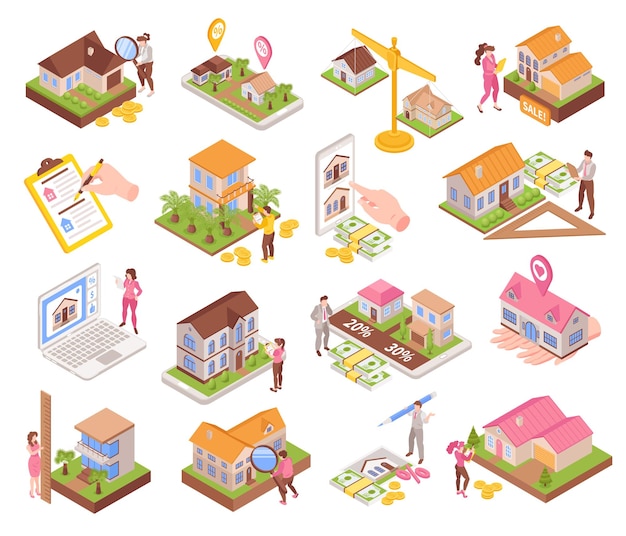
Deciding how much of your earnings to dedicate to accommodation can be a puzzle. In the contemporary work-from-home trend, a higher segment of the younger generation opts to rent rather than buy property. Irrespective of your housing choice, a certain fraction of your income must cover living expenses. So, what chunk should this be?
ESTIMATING HOUSING COSTS BASED ON INCOME
Various factors come into play when calculating the proportion of income set aside for housing. A simplified rule of thumb is: commit no more than 30% of your net income for living accommodation. For example, if you earn a net $3,500 per month, your housing cost shouldn’t surpass $1,050 per month. Adhering strictly to this value ensures you stick to your budget and your housing expense does not exceed your monthly limit.
However, the 30% guideline accounts for basic expenses, not the complete housing cost. To stick to your budget and maintain a route to financial autonomy, remember to factor in additional costs like:
– Utility bills (Electricity, gas, and water)
– Internet expenses
– Streaming service subscriptions, such as Hulu
– Homeowner’s or Renter’s Insurance
These expenses are usually overlooked in housing budgets, but I include them. This ensures my housing expenses remain reasonable, accounting for everything needed to maintain my home.
SAVING ON ADDITIONAL EXPENSES
Successfully keeping these extra costs and your mortgage bills below 30% of your income brings more financial flexibility. Here are ways to shave these extra costs and keep your budget in line:
UTILITIES
If you rent a place, your utilities might be part of your rent. Otherwise, most property owners cover the water bills. For homeowners, most electricity providers offer methods to trim your energy bills often by fixing gadgets that curtail power usage during peak usage periods. They might also conduct a free energy audit that assists in recognizing where you incur most energy costs. Improving energy efficiency based on their recommendations will help with managing utility costs.
INTERNET & CABLE
Most people find internet bills too high. Mostly, a few internet providers monopolize the sector, and their high tariffs reflect this. However, you can take advantage of initial promotional offers by changing providers. If you threaten to cancel your service at the expiration of your promotion, some providers may lower your costs, if not, you can switch to a better offer.
Cable has gotten expensive recently. An alternative to cable is streaming platforms like Hulu and Netflix, offering more convenience at a lesser rate.
HOUSING INSURANCE
Housing insurance is a necessity. Fortunately, renter’s insurance typically costs less than homeowner’s insurance. Costs will vary based on location, type of accommodation, and amount of personal property needing coverage.
TOTAL HOUSING COSTS
Housing expenses will differ based on individual circumstances and location. While the 30% rule is practical, it may not suit every situation. In our case, we use it as a benchmark but only spend 24% on all housing-related expenses. Our ultimate objective is to clear the mortgage swiftly to boost financial independence. By doing so, housing costs will dip to 8%, an attractive scenario!
What fraction of your income goes to housing? Have you devised ways to cut your housing costs? Consider SmartAsset.com as a go-to source for smart, residual income ideas.


